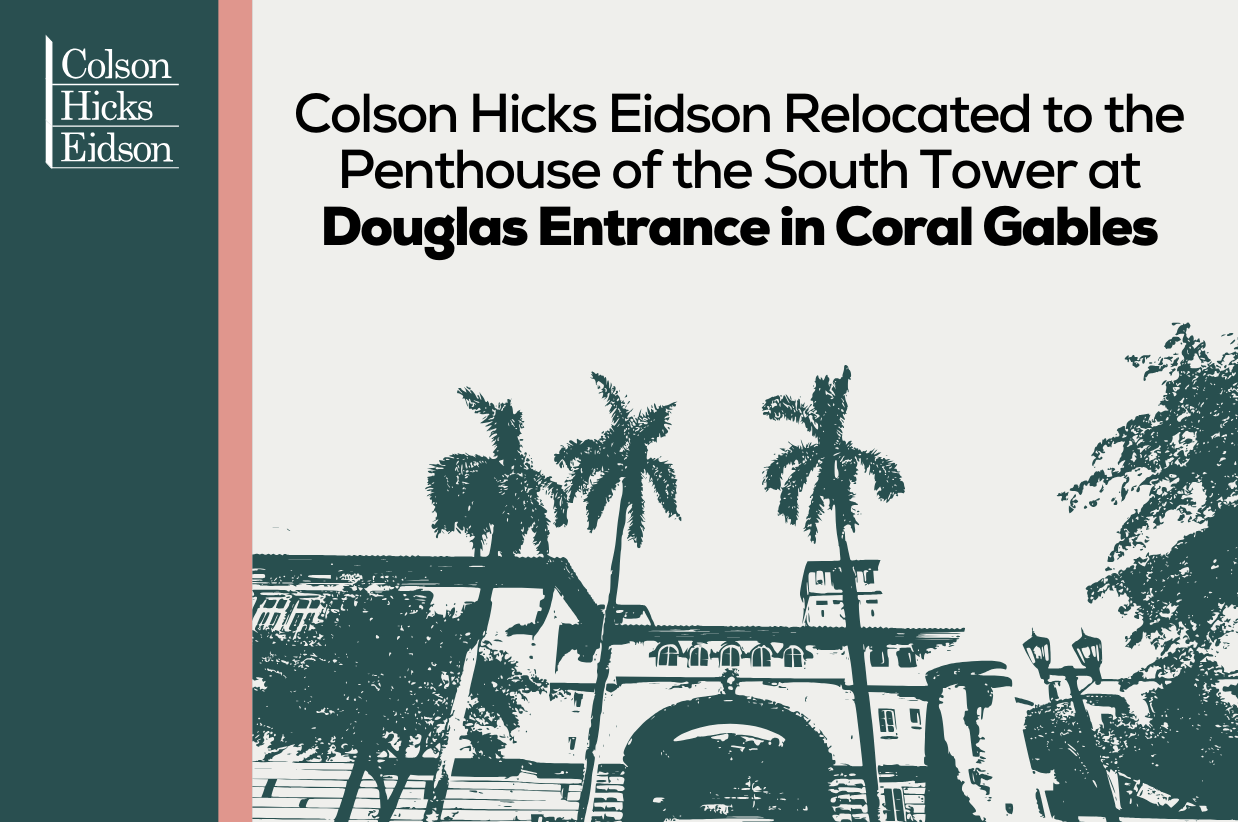Florida is one of a handful of states in the US that has a no-fault car insurance system. This means that in the event of a car accident, each driver’s insurance company pays for their own policyholder’s medical expenses and lost wages, regardless of who was at fault for the accident.
There are both pros and cons to this no-fault system. Let’s take a look at some of the key points on both sides.
Pros of No-Fault Car Insurance in Florida
- Quicker claims process: One of the main advantages of the no-fault system is that it can speed up the claims process. Since each driver’s insurance company is responsible for paying their own policyholder’s expenses, there is no need to determine fault and wait for the other driver’s insurance company to pay out. This can be especially helpful in cases where the accident was minor and both drivers just want to get back on the road as quickly as possible.
- Lower premiums: Because the no-fault system takes fault out of the equation, insurance companies are able to offer lower premiums to their policyholders. This is because they don’t have to worry about paying out large sums of money to cover the other driver’s damages in the event of an accident.
- Personal injury protection: Another benefit of the no-fault system is that it provides personal injury protection (PIP) coverage to all drivers. This coverage pays for medical expenses and lost wages regardless of who was at fault for the accident. This can be especially helpful for those who don’t have health insurance or who have high deductibles on their policies.
Cons of No-Fault Car Insurance in Florida
- Limited liability: One of the main drawbacks of the no-fault system is that it limits the liability of drivers who are at fault for an accident. While they may be required to pay for their own damages, they are not responsible for paying for the other driver’s damages. This can be frustrating for those who have been seriously injured in an accident and are left to cover their own expenses. That said, there are instances when a driver can file an additional third-party claim against a negligent motorist who caused their accident if their injuries are severe enough.
- Caps on damages: Another downside of the no-fault system is that it often includes caps on damages. This means that even if an individual has sustained serious injuries and has incurred significant medical expenses, they may not be able to recover all of their damages.
- Difficulty proving fault: In some cases, it can be difficult to prove fault in a car accident. This can be especially true in cases where there are multiple drivers involved or where the accident occurred under complex circumstances. Without the ability to prove fault, it can be challenging to recover damages. However, a skilled attorney can investigate the case and assist in determining fault and liability if filing a third-party lawsuit or claim is an option.
This is just one of many reasons to review your case with an attorney after an accident in Florida. At Colson Hicks Eidson, our Miami car accident attorneys are on hand to provide the legal guidance and representation you deserve in these circumstances. Learn more about what we can do for you by contacting us online or calling us at 305-476-7400.






